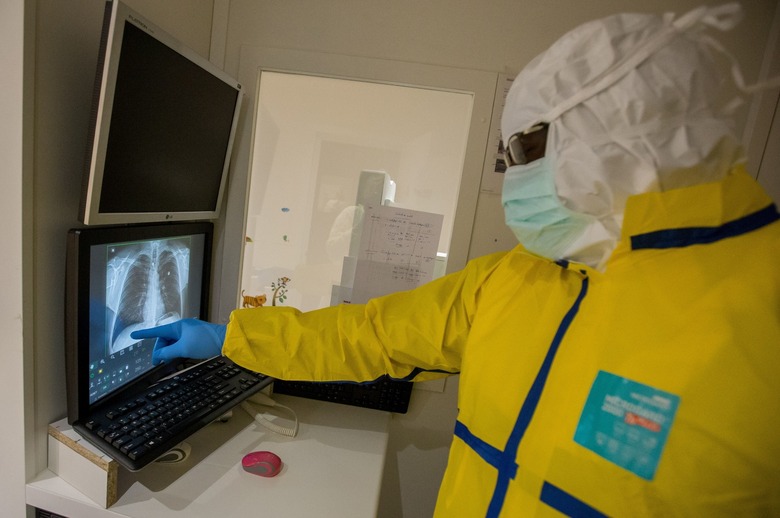A 100-Year-Old Vaccine May Be Able To Fight The Coronavirus
- A coronavirus vaccine could be ready for the public in about 18 months, and even then, it might only be available for specific categories of people who could benefit from it initially.
- Doctors are also testing a 100-year-old vaccine that's used to immunize against tuberculosis, among other things.
- Scientists believe the BCG vaccine could kickstart the immune system and get it ready to fight pathogens like the novel coronavirus.
- Visit BGR's homepage for more stories.
Dozens of COVID-19 vaccines are already in the works, with at least two of them having reached human testing. Vaccination is the only cure that has a chance of eradicating the novel coronavirus. We already know that survivors are immune to the virus, but we have no idea how long that immunity lasts. We also know that that SARS-CoV-2 isn't mutating as fast as the flu, so a fast vaccine could have a prolonged effect. If there's nobody left to spread the disease, the virus dies in humans as soon as the last patient is cured.
Researchers aren't only studying new vaccines designed specifically to boost immunity against the virus. That's the kind of laborious task that can take up to 18 months to yield results. And, even still, it might be even longer before the general population gets access to it. So researchers are also looking at existing treatments, including a 100-year-old vaccine that could kickstart the immune system and increase its ability to fight new infections, SARS-CoV-2 included.
Some of you may already be familiar with the BGC, short for bacillus Calmette-Guerin, which is supposed to provide defense against tuberculosis. Not gets this vaccine since tuberculosis isn't as widespread as it used to be, especially in developed countries. The vaccine isn't just used against tuberculosis, as it has become conventional immunotherapy for early-stage bladder cancer as well. And it's thanks to its effects on the immunity that researchers are considering it as a potential therapy for COVID-19.
The idea is that an immune boost could raise the body's defenses against pathogens like the new SARS-CoV-2 virus, and potentially defeat the infection faster.
The Australian government, in partnership with the World Health Organization (WHO), kicked off a six-month trial in Melbourne at the Murdoch Children's Research Institute. Some 4,000 healthcare workers are included in the study that kicked of Monday, Bloomberg reported. They'll be divided into two groups, one vaccinated against the flu and TB and the other just against the flu.
The researchers are forced to use the flu shot instead of placebo because the BCG vaccine leaves a skin reaction, which would be indicative of which group you belong to. All participants will be tested at the start and end of the trial to determine whether they were infected with SARS-CoV-2 or not. Participants will then log any symptoms during the six months.
Inoculating healthcare workers first makes sense because they'll be the first to deal with COVID-19 cases in the coming months. If the TB vaccine does work against COVID-19, then it could be deployed in other places more rapidly than a brand new vaccine that still has to move through the regulatory process. Of note, Australia isn't the only country looking into this potential COVID-19 cure. Similar research is happening in the Netherlands, as well as Boston.
The fact that a 100-year-old drug could work against this deadly new plague doesn't come without a pinch of irony. While some 130 million newborns are immunized with BCG every year, anti-vaxxers are obviously against it. It'll be interesting to see how opinions change should the TB vaccine speed up COVID-19 recovery or prevent infection altogether.
